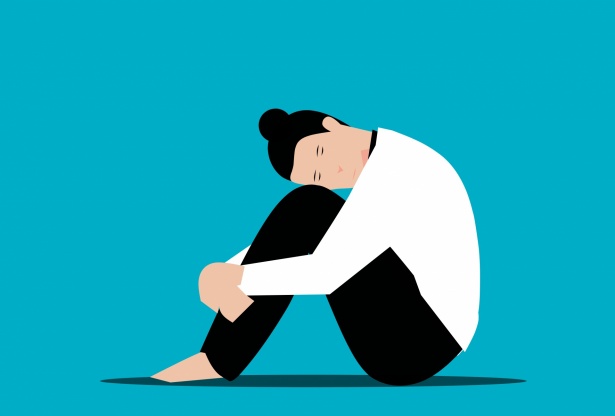Have a Friend Who’s Feeling Down? How to Reach Out and Help
Many students struggle with depression at some point during their teen years. Some signs of depression are: losing interest, uncontrollable emotions, and anxiety. Depression often occurs slowly. Being aware that a friend is acting differently can be helpful in identifying a depression issue. But how should you go about helping a friend who seems down and may be depressed?
When asked about how to help someone, Mr. Whittaker, our school psychologist, talked about how important just listening is. “Don’t try to solve the problem immediately. It will make you and the person who is upset feel better if you take the pressure off of fixing it. Get an understanding of what’s going on. Remind your friend of their support system. There are always people willing to help,” Whittaker explained.
Mr. Uncles, one of our counselors, also offered some advice. “Listen; and if it gets to the point where you can’t be the one to listen, offer to go talk to an adult together. If they are resistant to reaching out and it gets to the point where you are worried about self-harm, you need to go to a trusted adult. It is better to do something than nothing,” Mr. Uncles explained.
If a friend is suffering from depression, Mrs. Violett, our College and Career Counselor, also recommends seeking out a trusted adult or offering to go with them to a trusted adult.
“Sometimes we don’t have the equipment to help a friend, so getting help is the right decision,” she explained. “In addition to getting assistance from a trusted adult, you can also listen to what they have to say, repeat back what they said to get clarification, and then offer support. Remind your friend they are not a burden just because they are going through a difficult time,” she added.
Violett also mentioned that the pandemic was a traumatic experience and it does still affect our daily lives, even if we don’t realize it. She said that we should become more aware of this fact.
Ultimately, it is important for students to know that it is always ok to ask for help, whether they are feeling depressed themselves or they are concerned for a friend’s well being.
“We can all benefit from making counseling services easily accessible and being mindful of mental health struggles as a legitimate barrier in people’s lives,” said senior Natalie Shelton.

Hi I'm Alexis. I am 12th grade. I hope to write about mental health issues.







Yessica Corrales • Oct 11, 2022 at 1:15 pm
I love how you wrote about a very difficult subject and put it into gentle manner. It was very informative of what resources are available.
Yosis Mendez • Sep 30, 2022 at 1:17 pm
This article is very helpful, and self explained. Also gives information on who we can go to and what we can do.
Aziza Zarrincalaki • Sep 29, 2022 at 2:16 pm
This article covered this very difficult subject in a gentle yet informative manner. I love that you informed people of all their options and resources that are available.
erick • Sep 27, 2022 at 1:57 pm
I believe listening can be a huge help to someone’s depression. Telling a trusted adult could also lead to helpful advise from them. It is always important to take the time and listen to someone’s struggles because just listening to someone can really help them out even if just a little bit.
amelia • Sep 27, 2022 at 11:18 am
This was a vital topic that needed to be addressed, and I am glad to see someone write about it. The many ways on how we can help a friend is a great feature, and even gave me some ideas so I am prepared if needed. Keep up the great work on advice on how to help others, because some don’t always know how to deal with it!
Ethan Hudson • Sep 27, 2022 at 10:09 am
I really like this article, it explains your topic really well and gives information and notices to people who might need help or want to help the others struggling in the school. I like all the quotes and transitions in the article too. Have you had a friend that has needed help or when was there a time where you helped someone out in school?